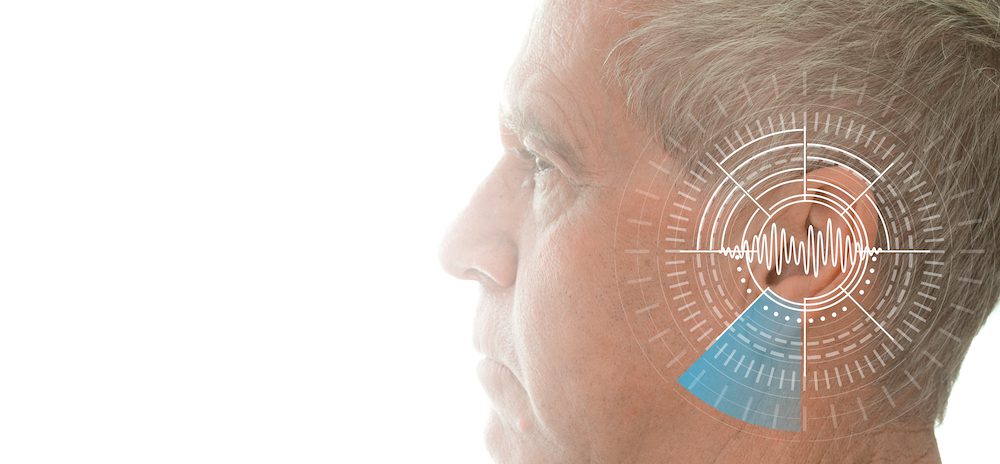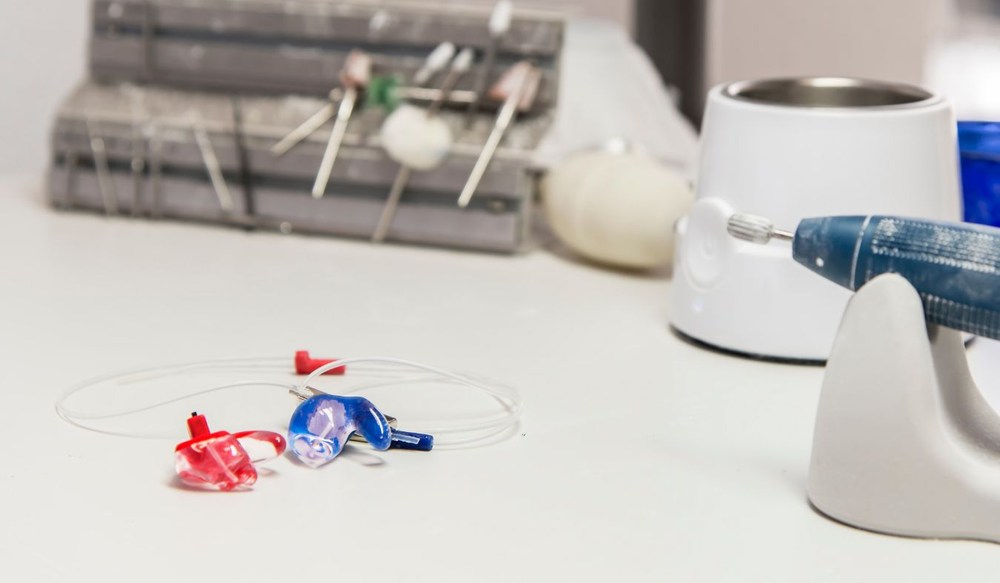Protecting Your Hearing During Summer Sports
Summer brings a lot more noise into your life than you might realize.
Walk In Cleaning Clinic: Come in on Mondays, Wednesdays, Thursdays, or Fridays anytime between 1 – 2pm for our walk in cleaning clinic!

One of the common types of hearing loss is high-frequency hearing loss. High-frequency hearing loss is where hearing high-pitched noises are more difficult. Any age group can experience this type of hearing loss.
This type of hearing loss is caused by the small sensory hearing cells in the inner ear being damaged. Usually, when an incoming sound happens, they will bend in response and they convert sound waves into the electrical impulses that our brains interpret as sound.
When these tiny cells, called stereocilia, are damaged, they don’t work as normal.
There are some common symptoms that you can look out for regarding high-frequency hearing loss:
Several factors can impact high-frequency hearing loss:
It is important to protect your hearing; you practice good hearing health hygiene. Here are some of the ways you can protect your hearing:
Most often, people will make an appointment with their regular doctor. After an examination, your doctor may recommend that you visit a hearing instrument specialist. Hearing loss at frequencies between 2,000 and 8,000 hertz is common in people with high-frequency hearing loss. An individual could have mild, moderate, severe or profound high-frequency hearing loss.
Like many types of hearing loss, high-frequency hearing loss worsens over time. When left untreated for a prolonged time, the high-frequency hearing loss will progress to profound. The most common consequence of hearing loss is the inability to communicate effectively with those around you, and over time this can impact confidence levels. Older adults can experience depression, isolation, anxiety and memory loss.
Children who have high-frequency hearing loss will often have language development and speech development difficulties.
High-frequency hearing loss is most often irreversible, so resting the ear or other medications is unlikely to work. Hearing aids are the best option for high-frequency hearing loss. There are many different types of hearing loss, and your hearing instrument specialist will be able to recommend the right one for you.
Most often for high-frequency hearing loss are receiver-in-canal (RIC) hearing aid. This type of hearing aid has an open canal fitting, which means it doesn’t muffle the low-frequency sounds that you can hear naturally. They will specifically be programmed to meet your needs by only amplifying high-frequency sounds.
You will be able to get a hearing aid that is perfect for your requirements, and it will be fitted snugly to your ear. Even if you have never worn a hearing aid before, you will quickly become used to them and enjoy your new level of hearing.
Take control of your hearing with Better Hearing of Madison County and give us a call at (315) 693-3637 to learn more!

Summer brings a lot more noise into your life than you might realize.

When you’re choosing hearing aids, you want devices that help you

Your hearing aids are more than just devices – they’re your